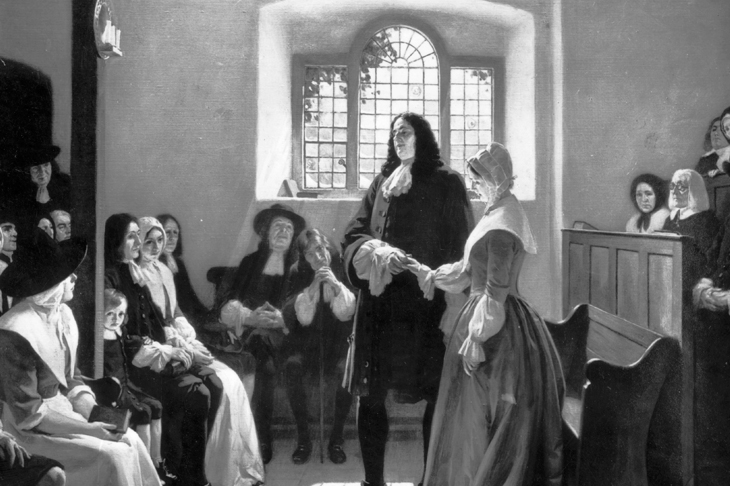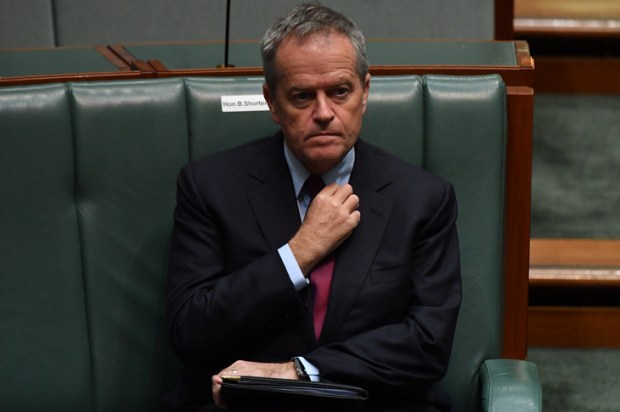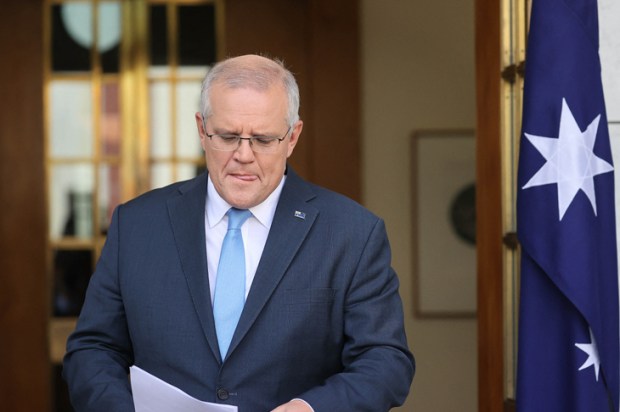The Prime Minister’s recent puritanical edicts regarding relationships between ministers and their staff do not have roots in conservative Christianity, but in progressive Leftism which has an historical precedent dating back to the Victorian era.
In 1888, English publisher and writer Henry Vizetelly was prosecuted for obscene libel after he translated Émile Zola’s La Terre.
Already a subscriber? Log in
Subscribe for just $2 a week
Try a month of The Spectator Australia absolutely free and without commitment. Not only that but – if you choose to continue – you’ll pay just $2 a week for your first year.
- Unlimited access to spectator.com.au and app
- The weekly edition on the Spectator Australia app
- Spectator podcasts and newsletters
- Full access to spectator.co.uk
Or
Unlock this article
You might disagree with half of it, but you’ll enjoy reading all of it. Try your first month for free, then just $2 a week for the remainder of your first year.















Comments
Don't miss out
Join the conversation with other Spectator Australia readers. Subscribe to leave a comment.
SUBSCRIBEAlready a subscriber? Log in